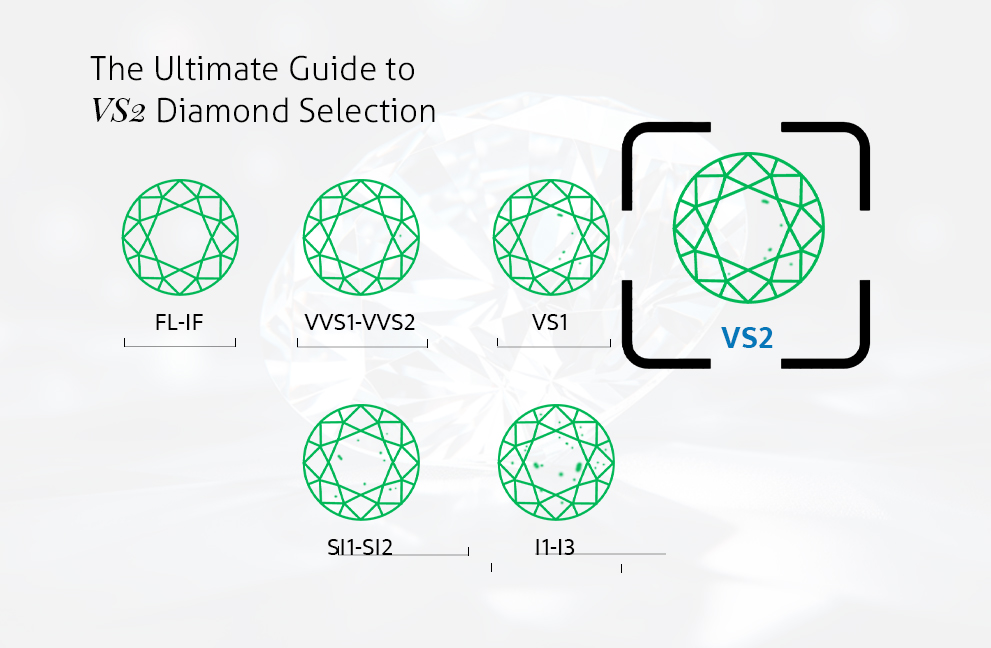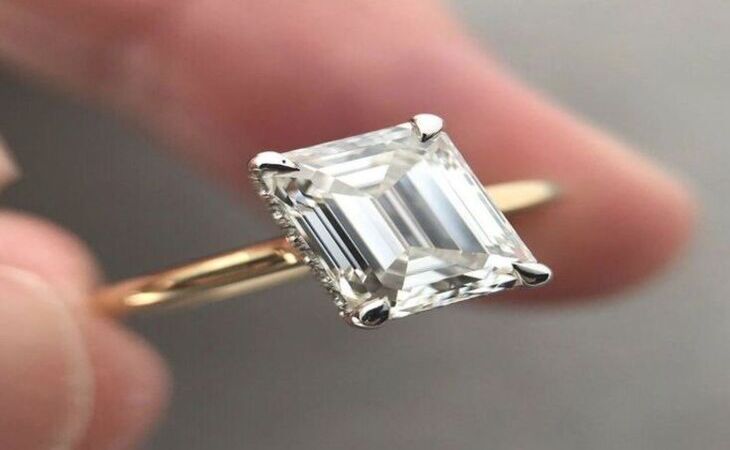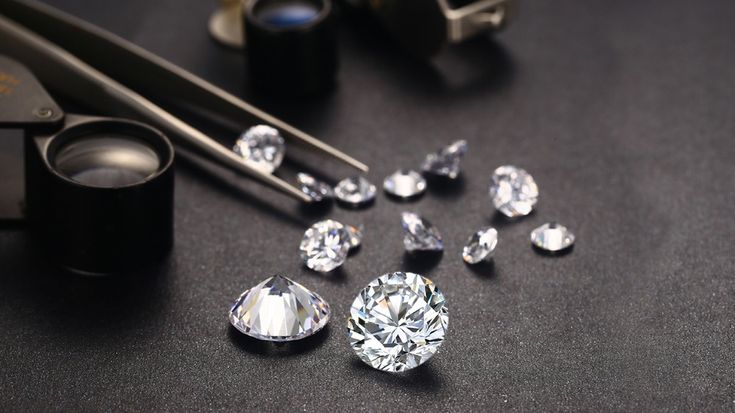
Here are some answers to other questions you may have about these stones:
- Are lab grown diamonds as strong as real diamonds? As noted, both lab grown diamonds and natural diamonds are made of pure carbon. Therefore, they have the same physical properties and strength. No matter the origin, diamonds are the hardest known natural substance on earth and are resistant to abrasion and scratching.
- Are lab grown diamonds GIA-certified? Yes, lab grown diamonds can be certified by the Gemological Institute of America (GIA), which is a highly respected and well-known gem lab that offers grading reports and certifications for all types of diamonds—both natural and lab created. The GIA’s grading standards consider the 4 Cs as well as other details such as polish, symmetry, and fluorescence. The organization’s reputation serves as the trusted standard bearer within the industry.
- Is a synthetic diamond the same as a lab grown diamond? No, they are not the same. Synthetic diamonds are alternatives to natural and lab grown diamonds. Common stones include cubic zirconia and spinel.
- Will a lab created diamond pass a diamond tester? Yes, a lab grown diamond can be tested for authenticity using heat resistance testing, including Thermal Conductivity and Electrical Conductivity. Furthermore, it will pass all necessary tests.
- Why do lab grown diamonds test as moissanite? A bit of background, moissanite is a gemstone that was first discovered in 1893 by a French chemist named Henri Moissan. Mr. Moissan originally mistook the stone to be a diamond as it shared some optical properties; however, the stone also only has a hardness of 9.25 on the Mohs scale. Ultimately, lab grown diamonds should not test as moissanite, but it is possible that if improper testing techniques or equipment are used—or if a gemologist doesn’t have proper expertise—testing results could be misinterpreted, and a stone could be incorrectly identified. As such, it is incredibly important to ensure that lab grown diamonds are tested and graded by the GIA or the International Gemological Institute (IGI).
Are Lab Grown Diamonds Conflict Free?
Finally, let’s get to the important topic of ethics, which is a key concern for many jewelry consumers.
Historically speaking, MiaDonna used to be able to claim that all lab grown diamonds were 100% conflict free as there were only two labs used in diamonds grown in the United States (which our founder partnered with personally).
Today, the market is flooded, and it is hard to determine where a product originates from, the types of labor and regulatory practices that are followed, and if a lab has the necessary environmental credentials.










